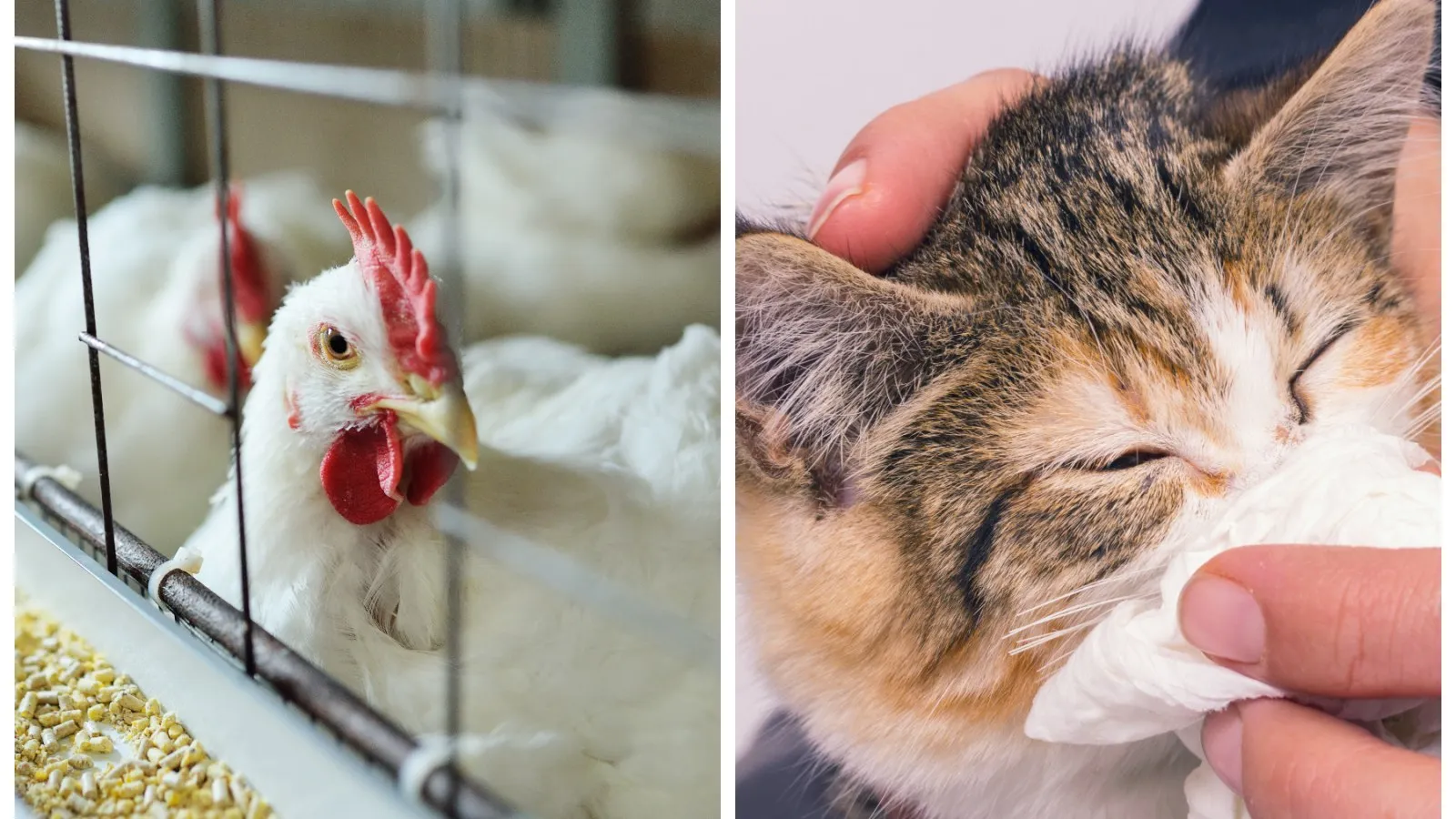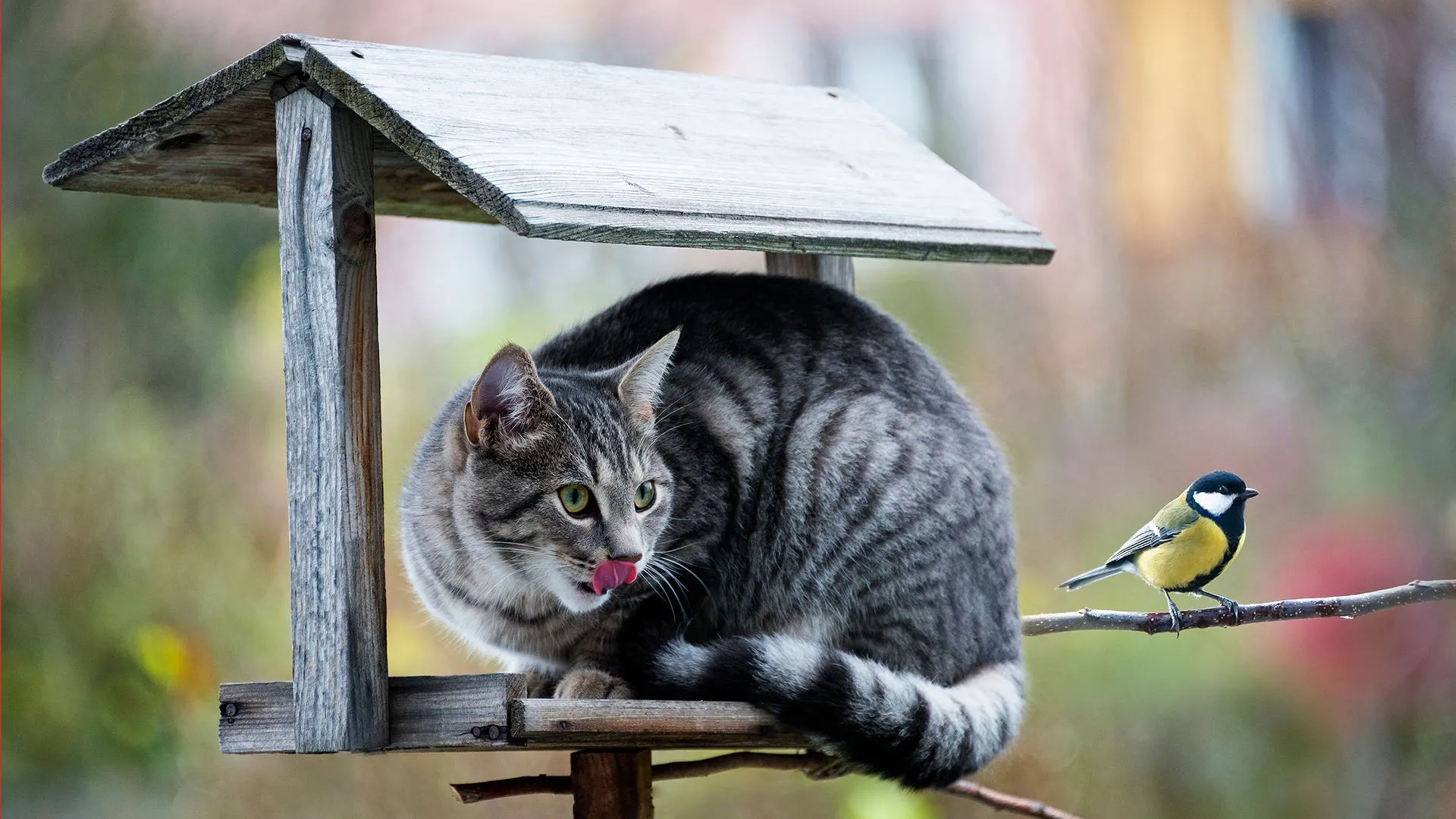
For many pet owners, the joys of having a furry friend roam freely outdoors are numerous. However, this freedom now comes with a heightened risk due to the increasing incidence of bird flu in the region. Pets, known for their curious nature and indiscriminate eating habits, are at risk of contracting the virus from sick or deceased birds.
The state’s agricultural department strongly advises keeping dogs and cats away from these potential sources of infection. “Watch your pets closely,” the warning emphasizes, particularly for those that have access to the outdoors where they might encounter wildlife.

Bird Flu in Pets: Recognizing the Signs
Bird flu is not just a threat to avian species; it can be deadly for cats and dogs as well, with some cases leading to sudden death. Pet owners should be vigilant for symptoms of the virus, which include:
- Fever
- Lethargy
- Loss of appetite
- Red eyes
- Discharge from eyes or nose
- Neurological issues such as tremors, seizures, blindness, and incoordination
These signs are critical indicators that your pet may be suffering from this severe illness.
Prevention is Better Than Cure
Preventing bird flu in pets involves several straightforward, yet crucial steps. The Iowa Department of Agriculture & Land Stewardship outlines important measures to safeguard your pets:
- Avoid raw diets: Do not feed pets raw, uncooked, or unpasteurized products such as milk, eggs, meat, or organs.
- Limit wildlife interaction: Keep pets away from poultry and cattle and prevent indoor/outdoor cats from hunting.
- Hygiene practices: Always wash your hands after interacting with livestock and before handling your pets to prevent cross-contamination.
These practices are essential not only for the health of your pets but also for your own, as handling sick pets can potentially expose owners to the virus.

Consultation with Veterinarians: A Necessary Step
Given the severity of bird flu and its implications for pet health, consulting a veterinarian if you notice any of the above symptoms in your pet is imperative. Vet bills can be costly, but the emotional and financial impact of losing a pet to this virus can be even more significant. Early detection and professional advice are your best defenses against this invisible enemy.
Engaging Alternatives for Your Pets
For cat owners, the restriction on outdoor hunting might seem challenging, especially for cats that relish the thrill of the chase. Investing in interactive toys like laser toys can help satisfy your cat’s hunting instincts safely indoors, keeping them engaged and active while reducing the risk of exposure to the virus.

As the situation develops, staying informed and proactive in following the guidance from the Iowa Department of Agriculture & Land Stewardship is crucial. By taking these steps, you can help ensure that your furry family members remain safe and healthy, even as the threat of bird flu looms.
